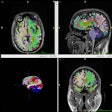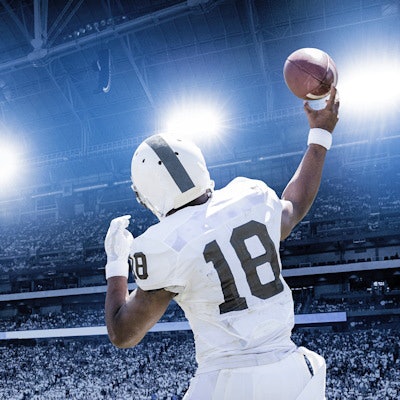
Functional MRI reveals how feelings of surprise that people experience -- for example, while tracking ball possession changes in a sports broadcast -- create shifts in brain patterns that are key to the formation of strong memories, according to a study published November 25 in the journal Neuron.
The study findings help researchers better understand how the brain categorizes events, study lead author James Antony, PhD, of Princeton University in New Jersey, said in a statement released by Cell Press, the journal's publisher.
"As we go about the world, we tend to segment events into separate chunks," Antony said. "We later remember these chunks as discrete events. So the question arises, 'How does our brain decide when one segment ends and another one starts?' It turns out, this happens when something occurs that's unexpected."
Antony and colleagues sought to study the element of surprise and its effect on the brain in a more natural setting than the usual controlled environment in which neuroimaging is conducted -- that is, when people were watching sports. The team chose to show study participants basketball clips because of the sport's frequent scoring and changes of ball possession.
The research included 20 basketball fans who underwent eye tracking and fMRI scans as they watched the final five minutes of nine games from the 2012 National Collegiate Athletic Association (NCAA) "March Madness" college basketball tournament. As part of the experiment, study participants viewed the game footage, recalled game play (to assess their memory), and predicted which team would win.
The investigators created a "win probability" metric to calculate the probability of each team winning for every matchup, and defined surprise as the change in that probability across ball possessions.
"Games that were close and had a lot of back and forth in scoring had more surprises than games that were blowouts," the group said in the Cell Press statement.
The functional MRI exams showed greater changes in the study participants' prefrontal cortex and pupil dilations at moments of surprise in the games -- and those activity patterns were contingent on whether they challenged or boosted participants' beliefs about which team was likely to win.
This finding suggests that surprise shapes how the brain categorizes events, according to the authors.
"People's longest-lasting memories are formed in precisely those moments when their beliefs substantially shift," Antony and colleagues wrote.
The team plans to continue this research by surveying sports fans about their best and worst sports memories to see if these memories are connected to individuals' levels of surprise.
"Watching sports is a great paradigm for perception and prediction of events because these predictions are quantifiable," Antony said.




.fFmgij6Hin.png?auto=compress%2Cformat&fit=crop&h=100&q=70&w=100)

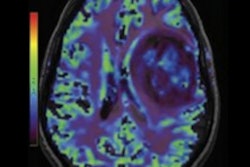
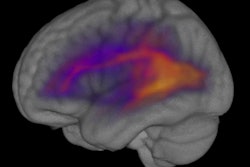
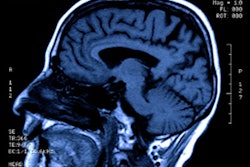
.fFmgij6Hin.png?auto=compress%2Cformat&fit=crop&h=167&q=70&w=250)

